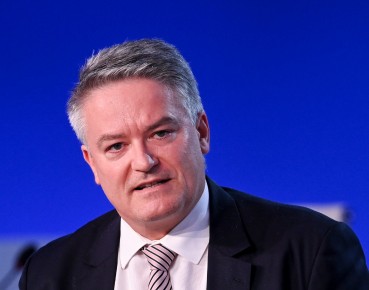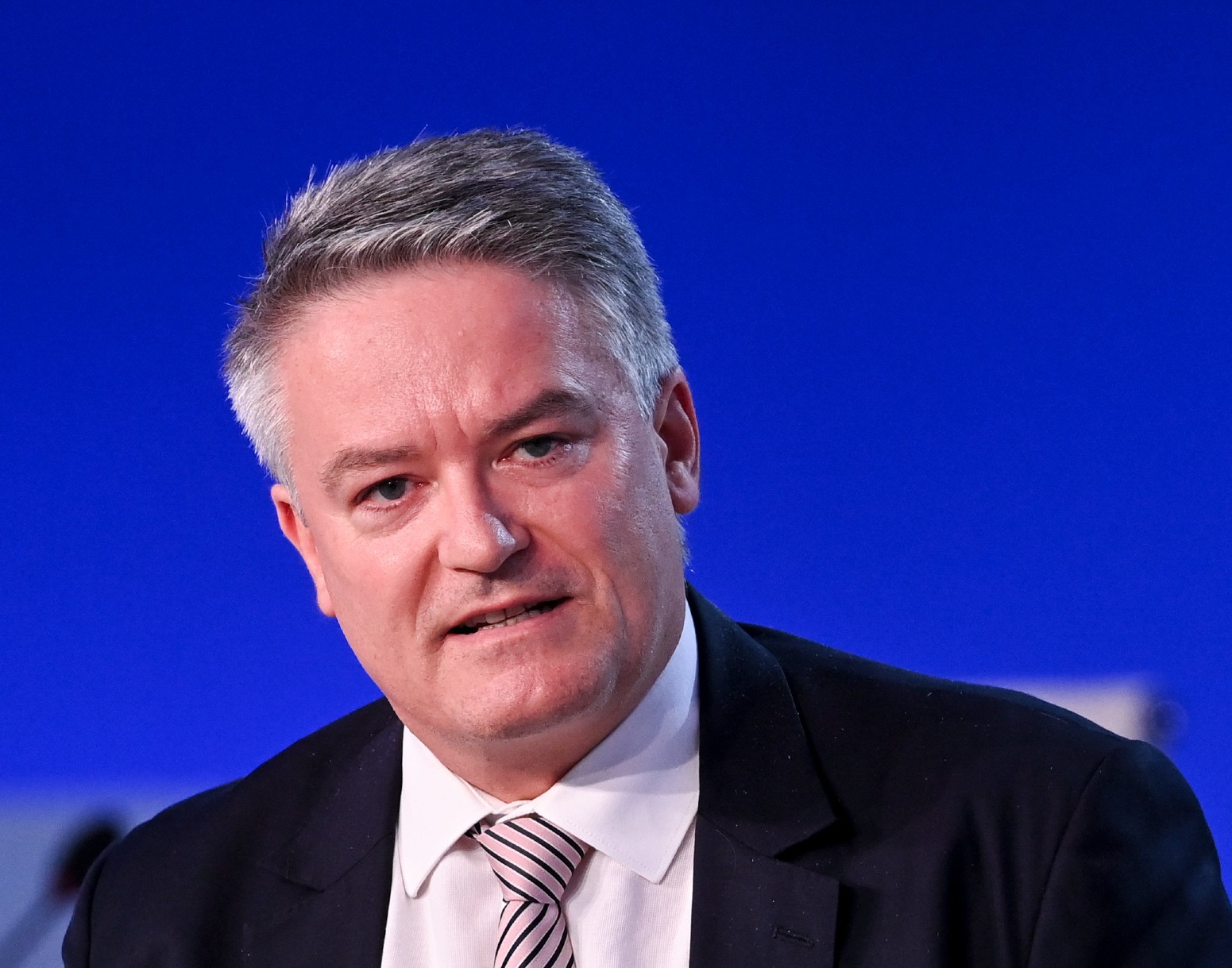
Mathias Cormann (CC BY-NC-ND 2.0, Karwai Tang/ UK Government)
We observed a strong recovery in Poland in 2021. We expect this positive momentum to continue throughout 2022 with GDP growth projected to reach about 5.2% this year, before easing to a still strong 3.3% in 2023 – says Mathias Cormann.
Obserwator Finansowy: Rising inflation largely driven by growing energy prices and problems with the global supply chains triggered a reaction of some central banks, including of the Polish central bank (NBP). NBP which in autumn 2021 started a cycle of interest rates increases declares at the same time protection of economic growth. Can the role of the central bank, such as NBP, expand in the modern economy?
Mathias Cormann: The independent role of central banks remains critically important. Based on their independent assessment of all the relevant data and information it is their job to make the necessary adjustments to monetary policy settings to help provide price and financial stability while keeping unemployment low.
Yes, inflation has risen in many economies around the world. The increase in inflation has been larger and longer lasting than we had previously expected in most Western countries. However, the drivers of inflation are not the same everywhere and it is important for different central banks to respond to the particular circumstances they are observing in their jurisdictions.
Food and energy costs have risen sharply as well as prices in durable goods sectors where supply bottlenecks are most concentrated.
We see much of the inflationary pressures as having arisen due to persistent supply bottlenecks, triggered by labour shortages, intermittent plant closures and shipping delays, as well as disruptions on the energy markets.
As the health situation improves, demand stabilises and people return to the labour force, we do expect these supply bottlenecks to fade and inflationary pressures to ease in the course of 2022-23.
The diverging policy paths of central banks underscore the challenges in balancing inflation pressures and the remaining downside risks to growth from further COVID-19 variants.
The drivers and dynamics of inflation are different between different advanced economies, and between advanced and emerging economies.
There is no one size fits all policy prescription. As inflation is spreading through various components, central banks must be vigilant and be ready to respond.
According to the forecasts of many international organisations and institutions, Poland will achieve one of the best economic growth rates among the EU and OECD countries this year. How do you assess Poland’s economic prospects in the period of recovery after the pandemic and in the coming years?
Yes, we observed a strong recovery in Poland in 2021. We expect this positive momentum to continue throughout 2022 with GDP growth projected to reach about 5.2% this year, before easing to a still strong 3.3% in 2023.
With a relative normalisation of the public health context, economic activity should continue to resume largely as normal, which will support solid growth in private consumption, as savings accumulated during the pandemic are spent.
As uncertainty declines, investment will also support growth until 2023, boosted by just under half of the EUR 36 billion of the EU’s Recovery and Resilience Facility (RRF) funds allocated to Poland.
The labour market is expected to become increasingly tight, which is likely to lead to higher wages growth.
Moving forward, policies will need to focus on innovation and productivity growth, enhancing the links between SMEs and national and international markets, improve skills matching and address skills shortages by increasing reskilling and upskilling efforts.
Within the energy sector, a focus on low-carbon and renewable energy would help facilitate the move toward a greener economy.
During the pandemic Poland has seen its exports to EU countries grow dynamically. The share of exports in GDP is higher than the OECD average. Do Poland and other Central European countries have a chance to strengthen their role as a „factory” of Europe and continue to increase exports to the EU?
Poland, like other Central European countries, has performed exceptionally well in recent decades, developing into a successful market-based trading nation, carving out a competitive position for itself within the EU and within the broader global marketplace.
The key will be to remain focused on your international competitiveness. Competitive labour costs, combined with your proximity to major European markets while integrating smartly and effectively into global value chains, will continue to be the best recipe for success for Poland moving forward.
Goods and services exports and export market share can continue to growing if you maintain your international competitiveness. If I can make one suggestion, it would be to improve your focus on research and development and innovation to help ensure your industry continues to move to move towards higher-level manufacturing capabilities and industry value chains.
– Interview by Maciej Danielewicz
Mathias Cormann is the 6th Secretary-General of the Organisation for Economic Co-operation and Development (OECD). His five-year term commenced on 1 June 2021. Prior to his appointment to the OECD, Mathias served as the Australian Minister for Finance, the Leader of the Government in the Australian Senate and as Federal Senator representing the State of Western Australia.


